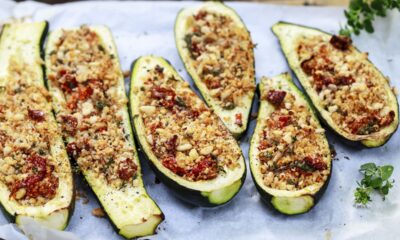Recipes
Mulled wine, the super-scented drink that warms up the coldest days
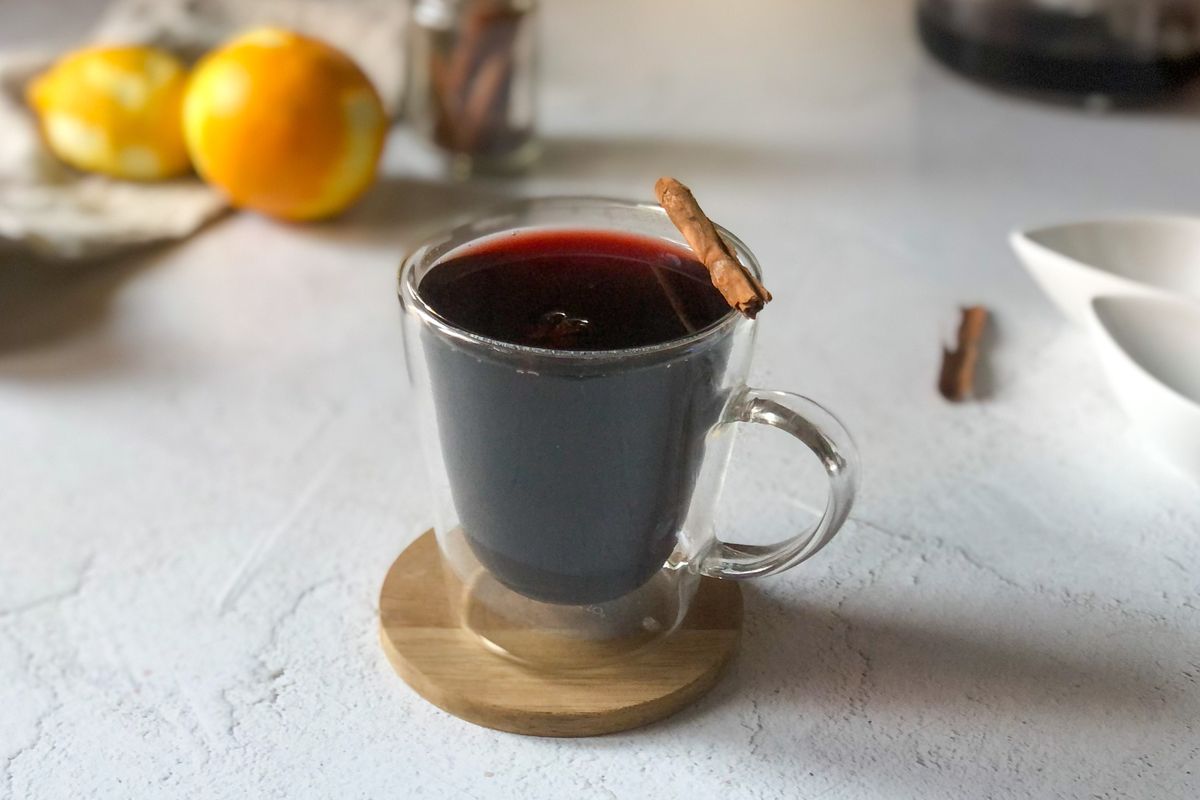
Ingredients and recipe for mulled wine, a very easy drink to make, very fragrant and perfect to serve on colder days.
Mulled wine, also known as mulled vine or burnt wine , is a hot and spicy drink that is prepared with a base of red wine and should be enjoyed hot . This recipe is typical of some central European countries in the mountainous areas of Italy and is prepared in the cold season. With its unmistakable spicy notes, this hot wine is always present during the Christmas period, during open-air markets and winter village festivals (often accompanied by a good slice of panettone ).

How is mulled wine made?

1. First of all, wash the orange and lemon well, dry them then peel them with the help of a potato peeler, being careful not to cut even the bitterest white part.
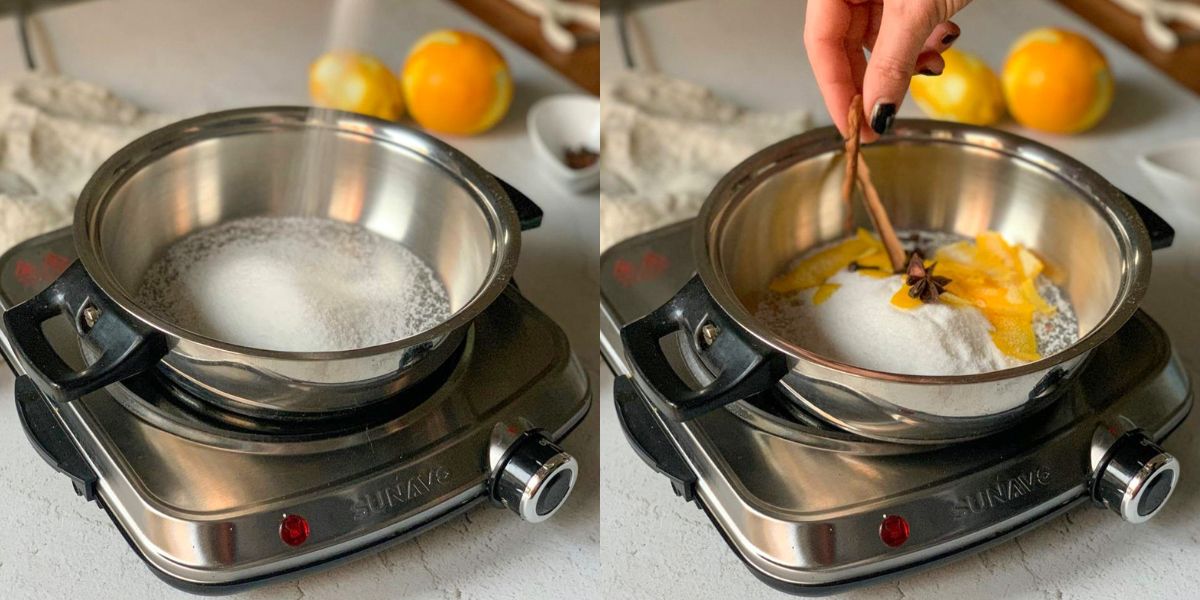
2. Pour the sugar into a pan, add the cloves, cinnamon, star anise, a pinch of nutmeg and the citrus peel.
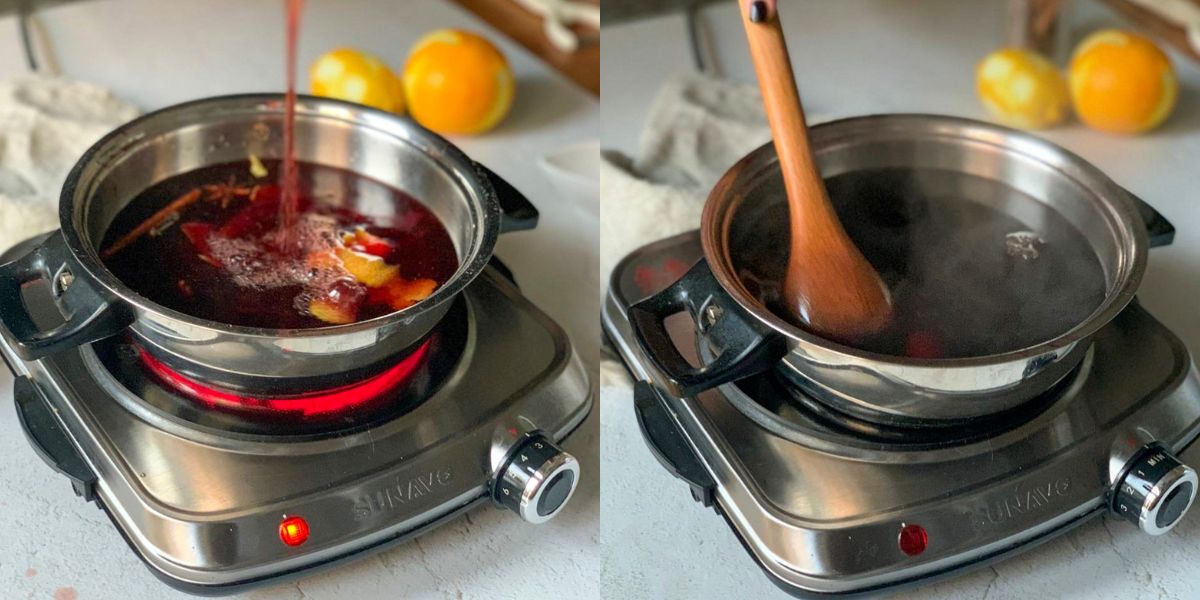
3. Add the wine, mix well and put on the fire. Bring to the boil and at this point continue cooking over medium heat for 15-20 minutes , making sure that the sugar dissolves completely.
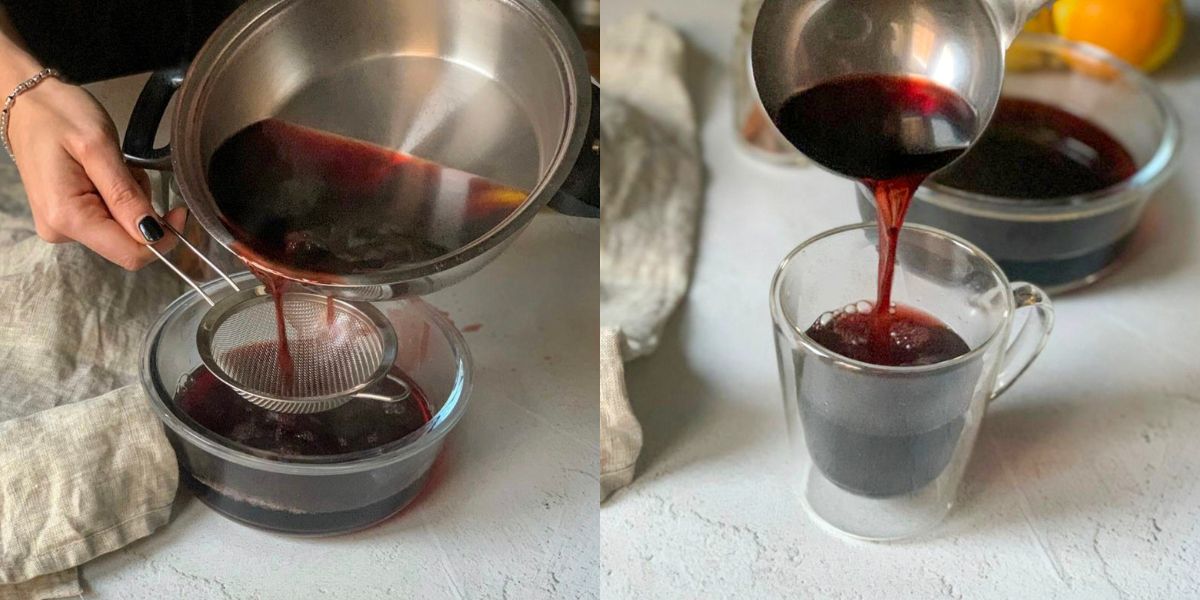
4. Turn off the heat, filter the liquid from the rest of the ingredients and distribute the wine in glasses or cups adding some spices or zest for decoration . Serve it hot!
And here is the video recipe to prepare it at home:
Another typical recipe not to be missed is that of cooked wine sabadoni .
What spices for mulled wine and what red wine to use to prepare it
To prepare mulled wine, you need a good wine such as Teroldego, Sangiovese or Pinot Noir. Like all typical recipes, of course, there are several variations. First of all, the wine changes according to the region of origin. In some areas of Veneto, in fact, it is also prepared with some types of white wine such as Chardonnay or Sauvignon Blanc. This white mulled wine is certainly less balsamic than the red one, but it is worth trying at least once even if many purists cannot conceive it with the white quality of wine (it almost seems to be talking about sangria !).
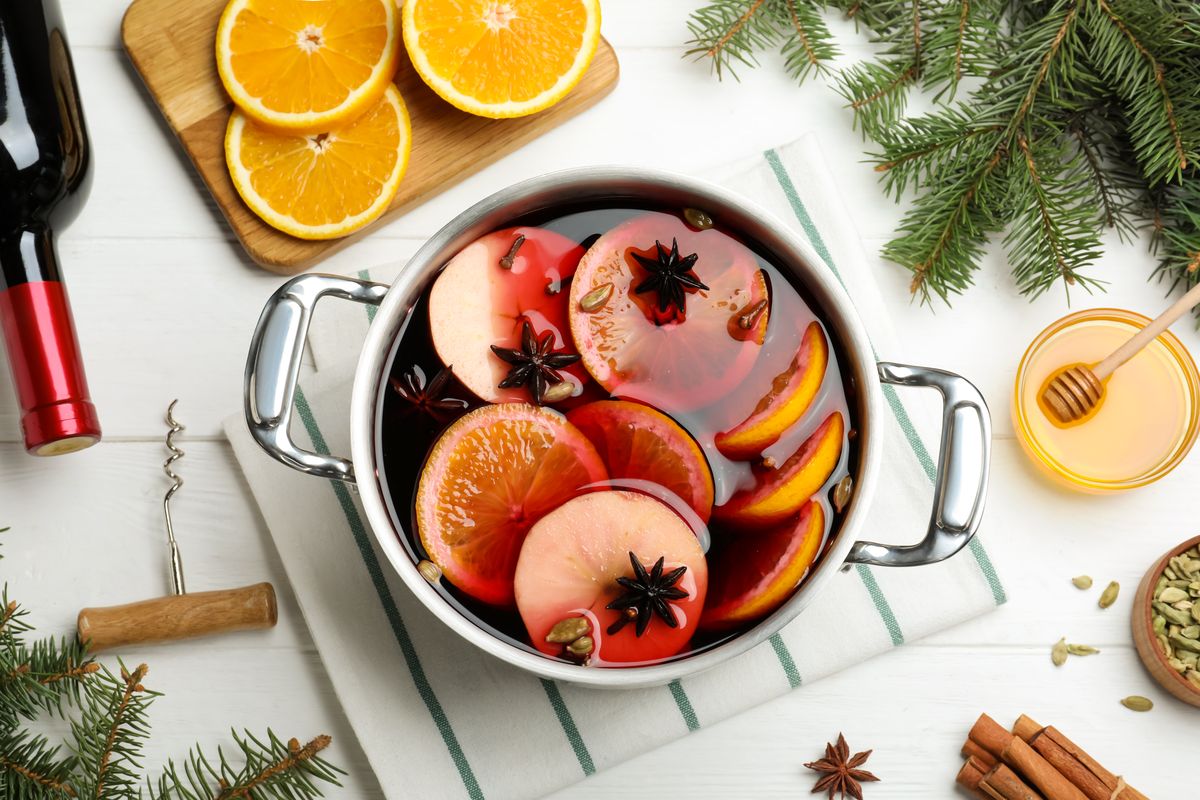
Spice -wise, the list isn't limited either. In addition to the traditional ingredients used in the preparation of mulled wine, in fact, there are also those who add apple wedges, ginger or cardamom. Not only that, you can also omit the star anise if it's not to your taste and play with all the other spices supplied. The nutmeg will change the final taste of the drink a lot, for this reason we suggest you not to exaggerate and balance the quantity well (you can always add it in preparation if it is not enough). To make it more balsamic, you can also add honey (acacia, chestnut, etc. you can decide which scents you want but remember to reduce the dose of sugar in this case).
storage
We recommend consuming the hot spiced wine, also called mulled wine, immediately , when it is still nice and hot.
The origin of mulled wine and the variations
If you think it's a recent or modern recipe… you're wrong! Already in Ancient Rome the gastronome and writer Marco Gavio Apicius spoke of a drink called conditum paradoxum : warmed wine, sweetened with honey and dates and flavored with pepper, saffron and spikenard leaves.
Leap forward in time, in the Middle Ages we find traces of hypocras (also called claret or piment ), a wine drunk cold but enriched with medicinal herbs, born from an idea of the Greek physician Hippocrates.
Throughout Europe, then, we find the custom of enriching wine with spices and aromatic plants and serving it hot. In Sweden, for example, glögg is very popular: a mix of red wine, cognac, sugar, star anise, cardamom, cinnamon, cloves, ginger, nutmeg, orange, raisins and almonds to drink hot. In Germany they drink gluhwein (red wine, cardamom, cloves, bay leaf, cinnamon and citrus peel), in France vin chaud (which includes the addition of cognac) and in England mulled wine (wine, orange, lemon, cinnamon, nutmeg, fennel seeds, star anise, cloves, cardamom and ginger).
READ ALSO: Glögg, the spiced wine of Swedish origin
Riproduzione riservata © - WT








